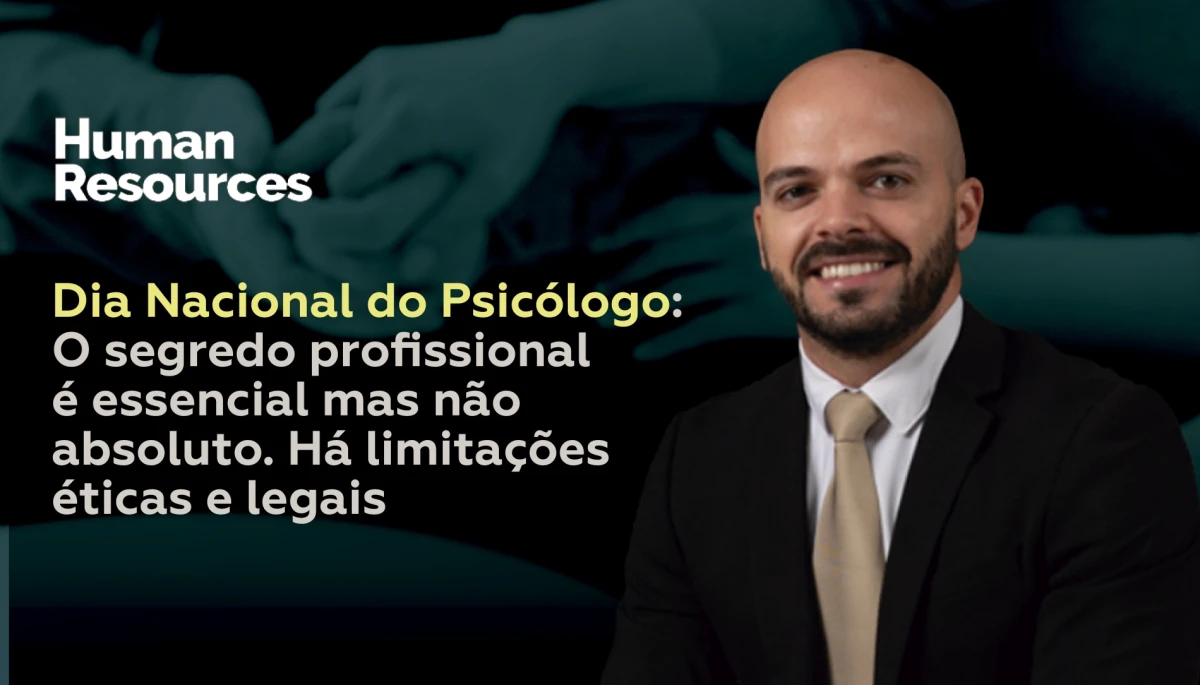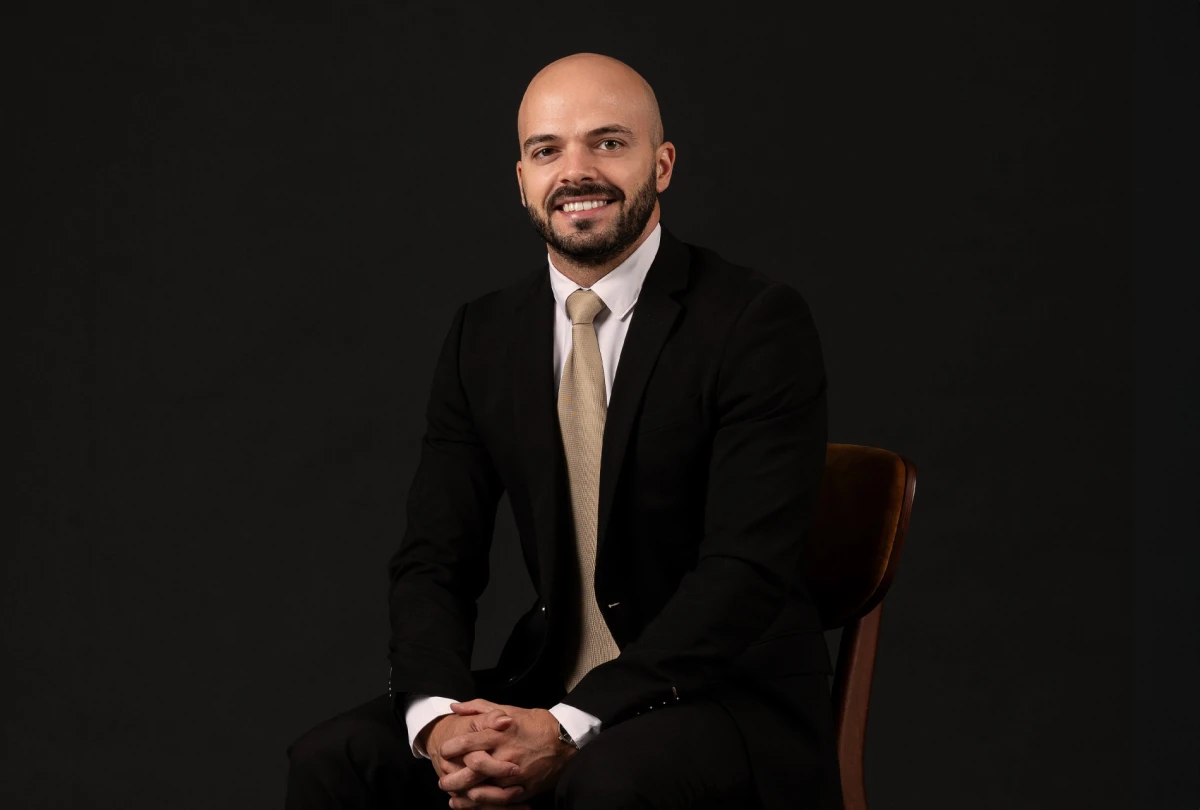
National Psychologist Day. Professional secrecy is essential but not absolute. There are ethical and legal limitations.

Today, September 4th, marks the National Psychologist Day in Portugal, which aims to recognize the importance of psychology in society, allowing reflection on the impact that professionals in the field have on promoting well-being and mental health among the population. However, in the practice of psychology, complex issues may arise related to professional secrecy, particularly concerning the nature of confidentiality and its ethical and legal limitations.
One of the fundamental pillars of the psychologist’s profession is professional secrecy, which imposes the obligation to keep all information collected during practice confidential, whether of a verbal nature or otherwise. This principle, enshrined in point 2 of the Code of Ethics of the Portuguese Psychologists’ Association, is essential to ensuring trust and safety in professional practice. Nevertheless, it must be emphasized that, although it is a central value, professional secrecy is not absolute.
In this context, situations may arise in which the psychologist is obliged to break confidentiality, particularly when there is an imminent and serious risk to the physical or psychological integrity of the patient or third parties, or in cases of severe abuse, such as violence against children, young people, or vulnerable adults, whether due to age, health conditions, functional limitations, or other circumstances of fragility.
In such cases, the breach of confidentiality entails the duty to report.
When it becomes necessary to share confidential information, the psychologist must transmit it exclusively to the individuals or entities entitled to know it, strictly limiting it to the information essential for the proper management of the situation. Thus, this should not be seen as a total breach of professional secrecy, nor as a right to curiosity. In this regard, the patient should be informed about the breach of confidentiality and the need to report before it takes place, unless it is manifestly impossible to do so beforehand, under penalty of disciplinary infraction.
The purpose of setting limits on the breach of confidentiality is to minimize the negative impact such a violation of trust may have on the therapeutic relationship, ensuring that the decision to share information is made cautiously and restricted to what is strictly necessary.
In light of the above, National Psychologist Day serves not only as a moment to recognize the relevance of psychology in promoting mental health but also as an opportunity to reflect on the complex ethical and legal issues that psychologists face in their daily professional practice. Professional secrecy is an essential tool in building a relationship of trust between the psychologist and the patient; however, its limitations, imposed by the need to protect the life and well-being of both the patient and third parties, present considerable challenges.
The requirement to ensure that the sharing of confidential information occurs only when absolutely necessary and in a careful manner reinforces the psychologist’s responsibility to balance professional ethics with legal obligations, always with the aim of guaranteeing the safety of all involved, while minimizing potential harm resulting from a breach of confidentiality.



